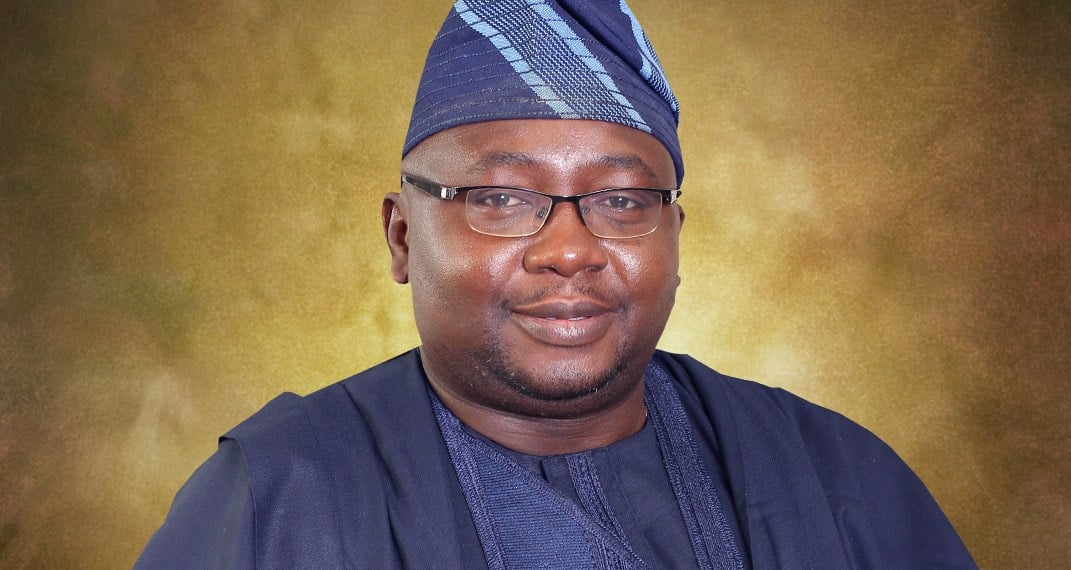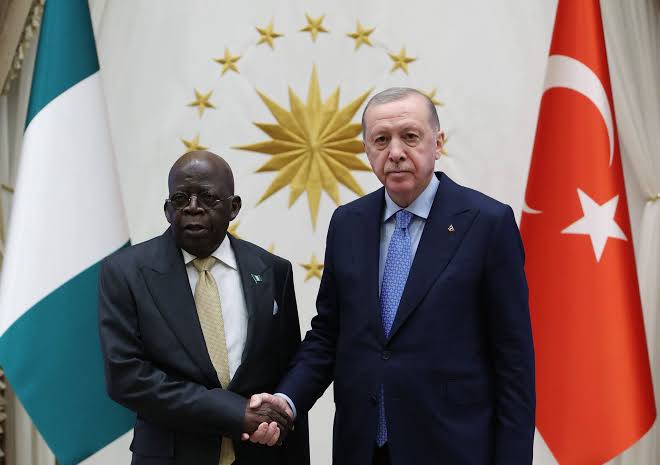Some experts in the oil and gas business have raised worry that the expense of converting automobiles to run on compressed natural gas may be prohibitively expensive for many Nigerians.
The Times reported that experts indicated that in order to entice Nigerians to use CNG as a substitute for petrol, the government may need to subsidize the price.
They praised the government for taking the initiative as one of the steps to lessen the impact of the removal of fuel subsidies, but they also expressed concerns about the capacity of individuals who will be converting the vehicles.
In response to this, Branch National Chairman of Liquefied Petroleum Gas Retailers, Mr. Ayobami Olarinoye, advised the government to carefully carry out the process and ensure that those who would be entrusted with the conversion kits get the best ones, necessary training, and equipment to guide against situations where citizens would be underserved.
All necessary requirements must be met, according to the head of the petrol store. He warned against subjecting Nigerians to yet another round of terrifying events during the process.
Olarinoye praised the CNG effort as a positive step from the Federal Government.
“CNG will improve the downstream sector in terms of cushioning and acting as a substitute for fuel. To mitigate the negative effects of CNG, existing safety regulations and standards that are specific to the oil and gas industry should be improved and new ones created,” he said.
The president of the Independent Petroleum Marketers Association of Nigeria, Alhaji Debo Ahmed, stated that there will be a substitute for petrol, a monopolistic good without a substitute up till now. He continued by saying that this would foster competition, which continues to be the cornerstone of deregulatory and market forces.
“Since petrol is imported and has no bearing on the price of CNG, its price is based on fluctuations in the foreign exchange market. The competition that will exist between petrol and CNG will be based on pricing advantage and preferred competition.
“The cost of conversion will be paid in installments as pay-as-you-purchase CNG, anywhere at any time, if the government pursues the National Gas Expansion Programme objectives.”
He added that the most interesting part is that you can switch to petrol if you cannot get CNG. “It is a dual-purpose conversion at one’s convenience,” he said.
Ahmed counseled the government to alleviate Nigerians’ concerns about the usage of CNG and to lower the cost of conversion while ensuring product availability.
The Presidential Compressed Natural Gas Initiative was approved by President Bola Tinubu on August 18 in order to promote the widespread use of gas-powered vehicles.
The move was a step towards his goal of lowering energy prices in order to lessen the impact of the removal of fuel subsidies on Nigerians.









